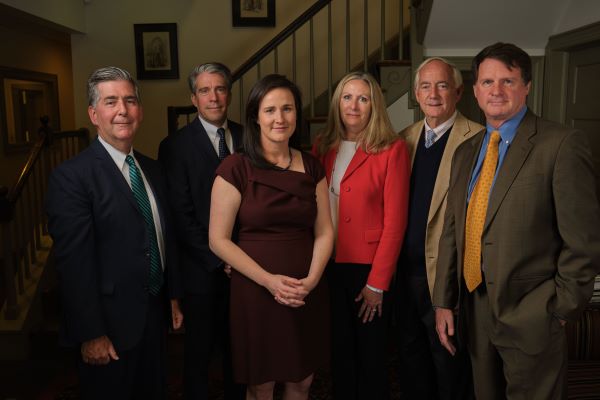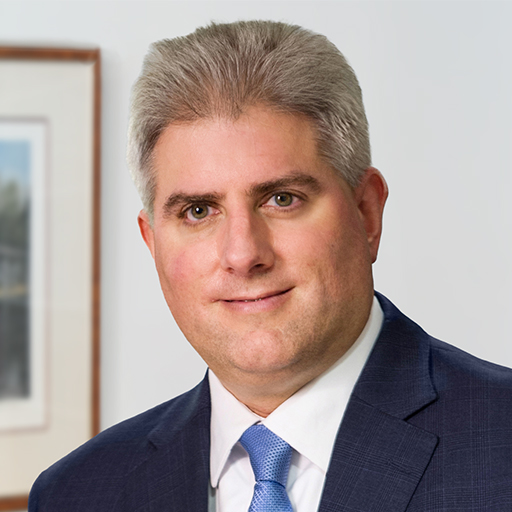After a loved one dies, their money and property must be distributed to the proper beneficiaries, either according to their Last Will and Testament (“Will”) or the state’s default distribution scheme (found in its “intestate succession” statute). While most people want the estate settlement process to be quickly completed, the probate process can last between 12 and 24 months, even for the simplest of estates. This time delay often creates unnecessary stress and financial issues, especially for families who need access to the money and property that is tied up in probate.
5 Reasons Probate Takes So Long
There are many reasons why the probate process takes so long. Here are five of the most common:
- Paperwork. Managing probate-required paperwork can be a monumental undertaking with structured timelines and court-imposed deadlines.
- Complexity. Estates with numerous or complicated accounts or property simply take longer to probate, as there are more items to be accounted for and valued.
- Probate court caseload. Most probate courts are dealing with high caseloads and limited staff.
- Challenges to the Will. Heirs, beneficiaries, and people who thought they would be beneficiaries, can object to and challenge the Will’s instructions and legal requirements. While state law dictates the length of the time period during which they must object, Will challenges can add years to the probate process. Some of the most common challenges include assertions that the Testator (the person who created the Will) was:
- Lacking testamentary capacity (i.e., lacking the legal or mental ability to execute the Will)
- Subject to undue influence (pressured by someone else to execute a Will with terms that the Testator did not want)
- A victim of fraud
- Creditor Notification and Claim Period. The deceased person’s creditors must be notified of the deceased person’s death and the opening of the probate process, so they have time to submit any legal claims for debts. This time period varies from state to state and keeps the estate open for an extended period to receive claims.
The bottom line is that while most state’s probate laws are designed to keep the process moving efficiently, the reality is that there are many factors that can, and often do, derail the process and make it lengthy and inefficient.
In both Maryland and the District of Columbia, a person has 6 months from the date the Personal Representative of the Estate was appointed to file a challenge to the Will (known as a “caveat proceeding”). In Maryland, a creditor must file a claim against a decedent’s estate within 6 months of the date of decedent’s death. In the District of Columbia, a creditor has 6 months from the date the Personal Representative Estate was appointed to file a claim. If these deadlines are not met, then the creditor’s claim is forever barred.
Avoiding Probate with a Trust Is a Better Option
If the deceased person had created a trust to hold their accounts and property, the long, complicated probate process could have been avoided. By creating and funding a trust, those accounts and property are no longer viewed as being owned by the deceased person. Instead, they are owned by the trust, managed by an appointed trustee and are not subject to the supervision of the court. Their distribution is controlled by the instructions left in the trust agreement. Administering a trust instead of a probate is usually quicker – meaning that beneficiaries receive assets more quickly, costs are reduced, and stress levels are kept to a minimum.
How MM&C Estate Planning Attorneys Can Help
If you need help settling a probate estate, we can help you move the process along and remove some of the burden so you can move on with your life. Second, we can help you make sure you never burden your loved ones the way you’ve been burdened. How? We’ll show you how to avoid probate with a trust.
Schedule a Meeting
Let us help you choose the best course of action to update your estate plan, add a trust and avoid probate. We are more than happy to meet with you by phone, video conference, or in-person.
The attorneys in Miller, Miller & Canby’s Estates & Trusts practice provide extensive estate and legacy planning, asset protection planning, retirement planning, and business planning services to individuals and businesses. To learn more about Miller, Miller & Canby’s Estates & Trusts practice click here.










Share this Article: